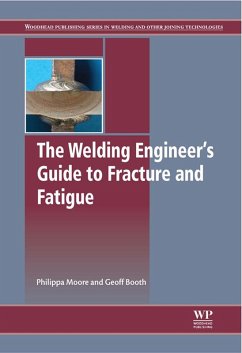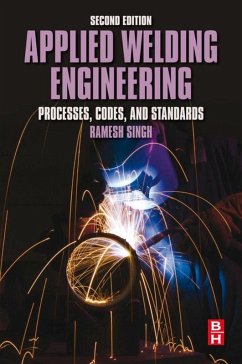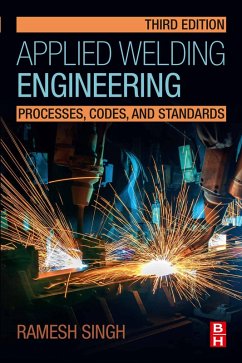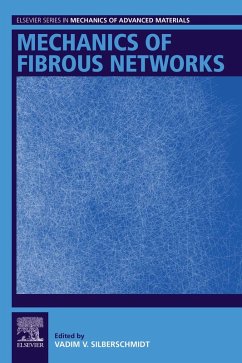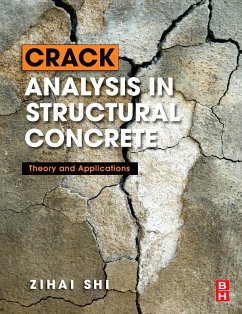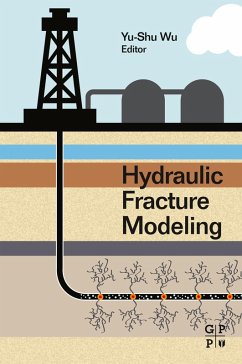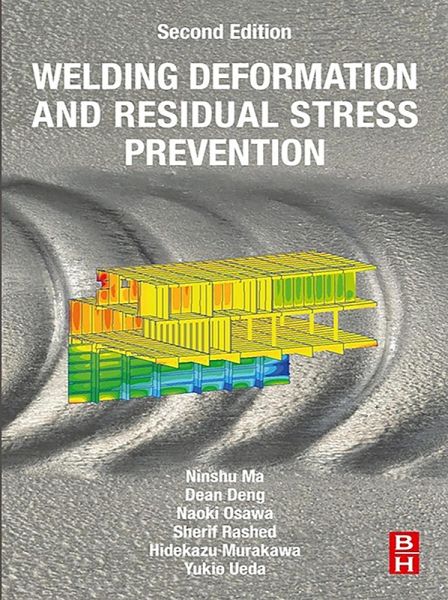
Welding Deformation and Residual Stress Prevention (eBook, ePUB)
Versandkostenfrei!
Sofort per Download lieferbar
127,95 €
inkl. MwSt.
Weitere Ausgaben:

PAYBACK Punkte
64 °P sammeln!
Welding Deformation and Residual Stress Prevention, Second Edition provides readers with both fundamental theoretical knowledge about welding deformation and stress as well as unique computational approaches for predicting and mitigating the effects of deformation and residual stress on materials. This second edition has been updated to include new techniques and applications, outlining advanced finite element methods such as implicit scheme, explicit scheme, and hybrid scheme, and coupling analysis among thermal-metallurgy-mechanics. Non-destructive measurement methods for residual stresses a...
Welding Deformation and Residual Stress Prevention, Second Edition provides readers with both fundamental theoretical knowledge about welding deformation and stress as well as unique computational approaches for predicting and mitigating the effects of deformation and residual stress on materials. This second edition has been updated to include new techniques and applications, outlining advanced finite element methods such as implicit scheme, explicit scheme, and hybrid scheme, and coupling analysis among thermal-metallurgy-mechanics. Non-destructive measurement methods for residual stresses are introduced, such as X-ray diffraction, the indentation technique, the neutron diffraction method, and various synchrotron X-ray diffraction techniques. Destructive measurement techniques are covered as well, such as block cutting for releasing residual stress, blind hole drilling, deep hole drilling, the slit cutting method, sectional contour method, and general inherent strain method. Various industrial applications of the material behavior and computational approaches are featured throughout. - Focuses on the underlying theory, practical implementation, analysis and application of measurement techniques for welding deformation and residual stress - Includes strategies for mitigation and control of deformation and stress - Discusses cutting-edge computational methods for determining welding heat source, thermal process, phase transformation, welding thermal deformation, thermal stress, and residual states - Outlines both non-destructive and destructive techniques for measuring residual stress - Includes access to a companion site with code, simulation videos and other materials
Dieser Download kann aus rechtlichen Gründen nur mit Rechnungsadresse in A, B, BG, CY, CZ, D, DK, EW, E, FIN, F, GR, HR, H, IRL, I, LT, L, LR, M, NL, PL, P, R, S, SLO, SK ausgeliefert werden.





